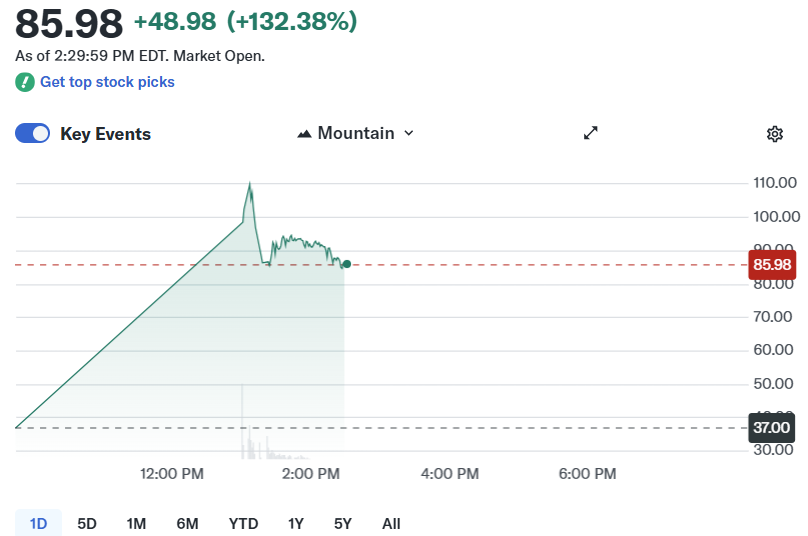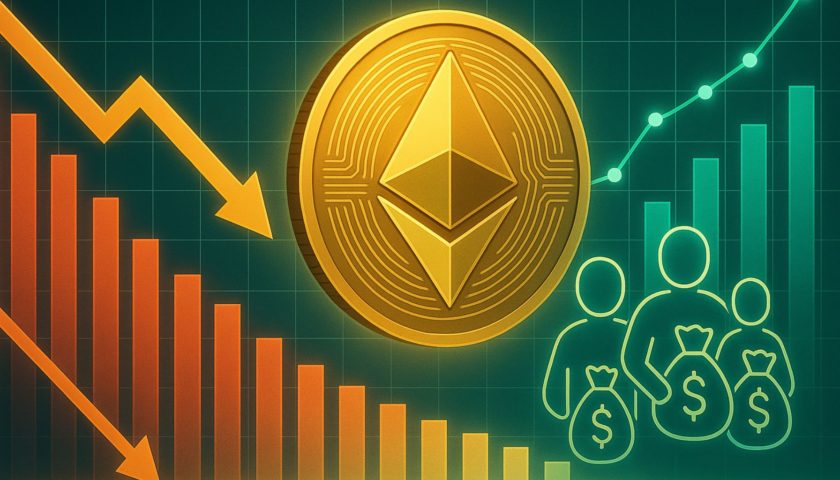- Stock markets across the globe have shrugged off coronavirus fears due to massive central bank intervention.
- Several commodities have crashed because of falling demand and the stock market will soon follow suit as the impact of coronavirus gets priced in.
- To make matters worse, falling corporate buybacks and earnings have made the stock market overvalued.
The Wuhan coronavirus outbreak is getting worse by the day, but thanks to massive central bank intervention, stock markets shrugged off this concern.
The money injection from central banks has disillusioned investors, but it will not last forever. As several fundamental forces line up against the stock market, a catastrophic crash looks inevitable.
1. Stock Market not Pricing in the Impact of Coronavirus
Governments across the world often use the stock market as a signaling tool to calm the masses. If stocks are going up, people are likely to underestimate the severity of a crisis.
Although equities have shrugged off coronavirus concerns, commodities have not. Brent crude oil has priced in the impact of the outbreak.
The demand for oil has collapsed following the outbreak, and it’s only natural for the price to follow. This is how price discovery works absent central-bank intervention.
China is the world’s second largest oil consumer and the country-wide lockdowns have caused a 20% decline in demand for oil. So the fall in crude oil prices isn’t surprising.
Like oil, copper prices have fallen as well. With hundreds of millions of people quarantined, the Chinese economy appears to be coming to a halt.
With the Chinese government forcing companies to shut down, industrial activity in the region has fallen. And since China is a significant copper consumer, copper demand has taken a hit as well.
Copper allegedly can forecast key turning points in the global economy and stock market. Several years ago, some Wall Street analysts were so impressed with this ability that they concluded copper must have a Ph.D. in economics.
If the correlation still holds, the stock market is in for a massive correction.
Moreover, the Baltic Dry Index—a key barometer of global trade activity—has declined as well. Historically, the Baltic Dry Index has also had a high correlation with the S&P 500.
China accounts for over 19% of the world’s GDP and is deeply integrated into the global supply chain. Nearly a third of the Chinese population is reportedly under quarantine. Economic hubs like Shenzhen, Beijing and Shanghai, which account for a substantial portion of Chinese GDP, are all under lockdown.
So it’s highly unlikely for a shutdown in China to not have an impact on global stocks.
2. Dwindling Buybacks Threaten the Stock Market
Corporate buybacks have been the primary driver of the U.S. stock market. Since the Great Recession, U.S. corporations have been the biggest buyers of their stock.
Thanks to the low-interest rate policy of the Federal Reserve and tax cuts by the Trump administration, corporations have taken on debt in record numbers. They have used this debt to buy back their shares. This excessive demand has pushed stocks to record highs.
But the party may be coming to an end.
On a rolling three-month basis, stock buybacks are tumbling at a rapid pace. Perhaps management at these companies thinks buying back stock at record highs is not the best use of their money.
Without these buybacks, there will be nothing supporting the stock market.
3. Falling Earnings Make Fundamentals Worse
Buybacks not only create excessive demand for the stock but also hide falling earnings. When companies buy back their shares, the number of shares outstanding decreases. This, in turn, pushes the earnings per share higher, and masks the overall decline in profits.
Corporate earnings have been falling for several quarters now as per Fact Set:
For Q4 2019, the blended earnings decline for the S&P 500 is -2.1%. If -2.1% is the actual decline for the quarter, it will mark the first time the index has reported four straight quarters of year-over-year earnings declines since Q3 2015 through Q2 2016.
The decline in earnings has continued through the fourth quarter as evident from the image below.
The earnings recession means fundamentals are worsening. But the S&P 500 is still near all-time highs, suggesting it is overvalued.
With no corporate buybacks to mask the decline in earnings, the stock market is ripe for a massive reversal.
Central bank’s easing policies work when there’s a minor slowdown. But in the case of China, the economy is coming to a complete halt. That’s not something that can be countered by increasing liquidity in the system.
When factories are shut down and people don’t produce, companies lose revenue and profits. Eventually, that will be reflected in the stock market.
Disclaimer: The opinions expressed in this article do not necessarily reflect the views of CCN.com. The above should not be considered trading advice from CCN.com.
This article was edited by Sam Bourgi.




